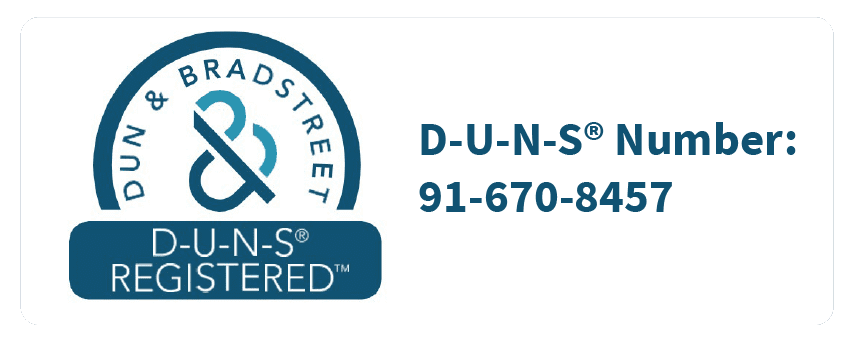Mastering Your Financial Compliance Calendar: November 2023 Checklist:

Mastering Your Financial Compliance Calendar: November 2023 Checklist:
Effectively handling financial compliance obligations is essential for businesses or individuals to adhere to tax regulations, prevent penalties, and maintain seamless operations. As we enter November 2023, here’s a comprehensive guide to assist you in navigating the different due dates and necessary forms for tax and compliance, ensuring a proactive approach to financial responsibilities.

1. November 7, 2023: TDS/TCS Payment (October 2023) - Form: TDS/TCS Payment
This is the deadline for the payment of Tax Deducted at Source (TDS) or Tax Collected at Source (TCS) for the previous month (excluding government-related transactions). Ensure timely submission to avoid penalties.
2. November 10, 2023: GSTR-7 (October 2023) - Form: GSTR-7
For entities liable to deduct tax at source (TDS) under the Goods and Services Tax (GST), this is the date to file the return of TDS under GST.
3. November 10, 2023: 74 (October 2023 - Form: 74
This is the deadline for filing the return of Tax Collected at Source (TCS) under GST.
4. November 11, 2023: GSTR-8 (October 2023) - Form: GSTR-8
Entities required to collect tax at source (TCS) under GST must file this return by the due date.

5. November 13, 2023: GSTR-1 (October 2023) - Form: GSTR-1
For businesses with a turnover exceeding 5 crore or those who opt to file monthly returns, GSTR-1 must be filed on this date. Additionally, for those who opted for the Quarterly Return Monthly Payment (QRMP) scheme, the GSTR-1 for QRMP is also due.
6. November 13, 2023: GSTR-5 (October 2023) - Form: GSTR-5
This is the due date for the return by non-resident taxable persons.
7. November 14, 2023: GSTR-6 (September 2023)- Form: GSTR-6
The deadline to issue TDS certificates, such as 1941A, 1941B, or 194M, for the month of September 2023.
Tips for Smooth Compliance:
- Advance Preparation: Ensure all necessary documents and data are organized well in advance to avoid last-minute rushes and errors.
- Technology Integration: Consider leveraging accounting software or tools that assist in timely compliance by sending reminders and streamlining the filing process.
- Regular Check-Ins: Periodically review the compliance calendar to stay updated on any changes or additional requirements.
- Professional Guidance: For complex tax matters or uncertainties, seeking advice from a financial advisor or tax professional can be invaluable.

By adhering to this compliance calendar, you can avoid hefty fines and ensure a stress-free and well-organized financial schedule. Planning and staying updated on the due dates for different forms and returns are key to maintaining financial discipline and fostering a compliant business environment.
Remember, meeting these deadlines is not only about avoiding penalties but also about ensuring the smooth functioning and reputation of your business.
For personalized advice regarding your specific situation, it’s always advisable to consult with a tax professional or financial advisor. Freel free to contact us at [email protected]
[This blog aims to inform and guide individuals and businesses through the crucial compliance dates in November 2023. Adjustments may be necessary based on specific circumstances. Always consult with a professional for personalized guidance.]









